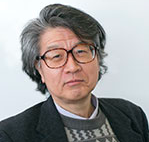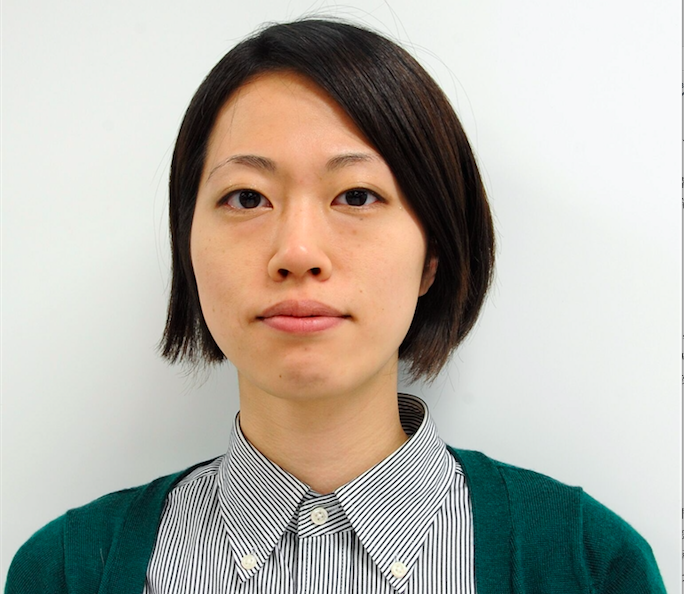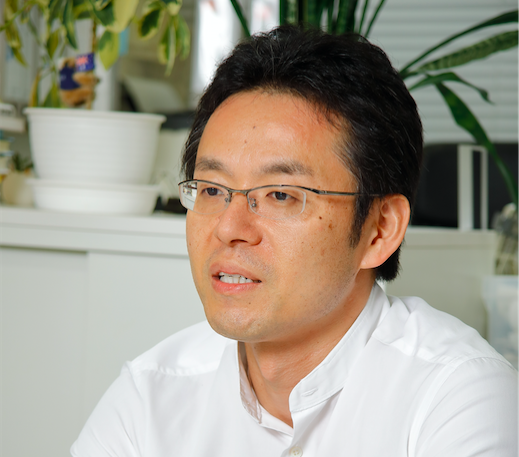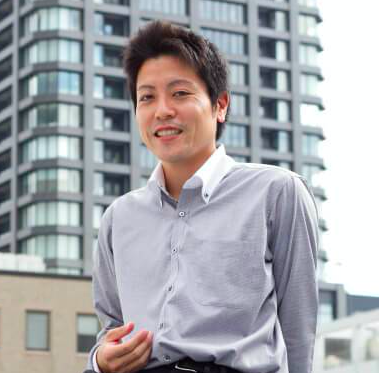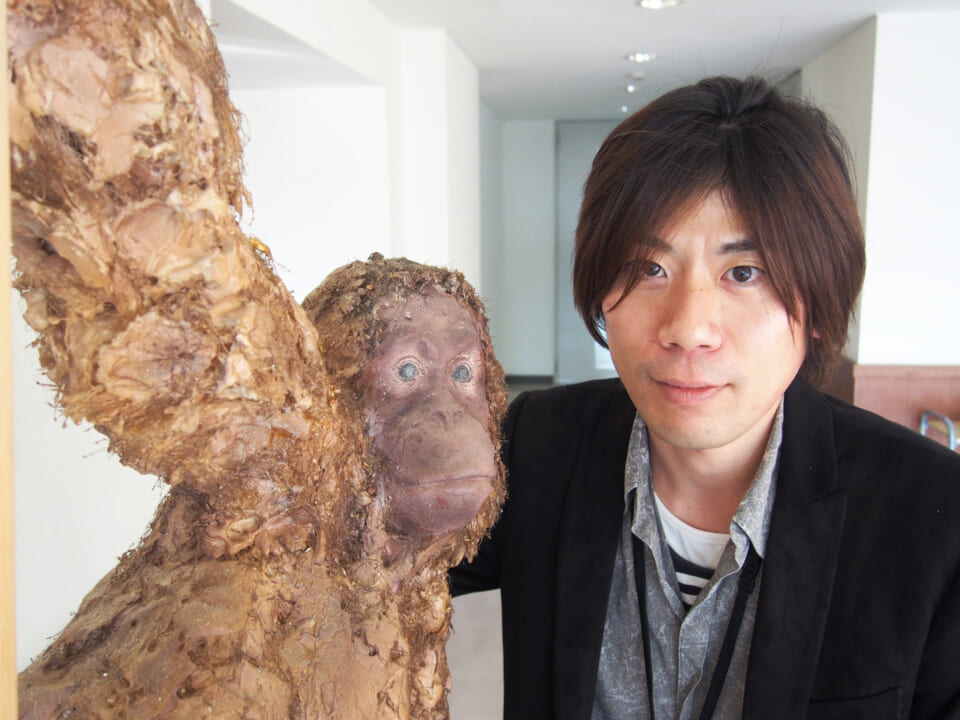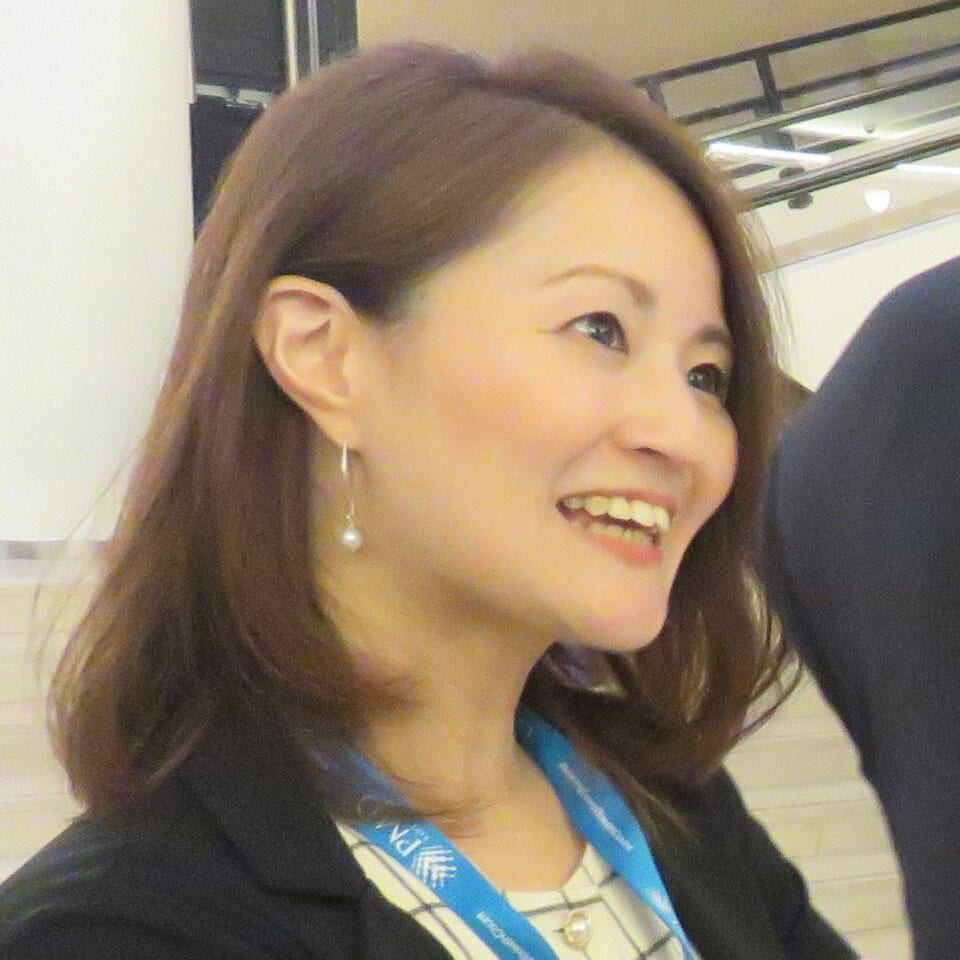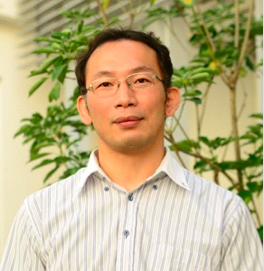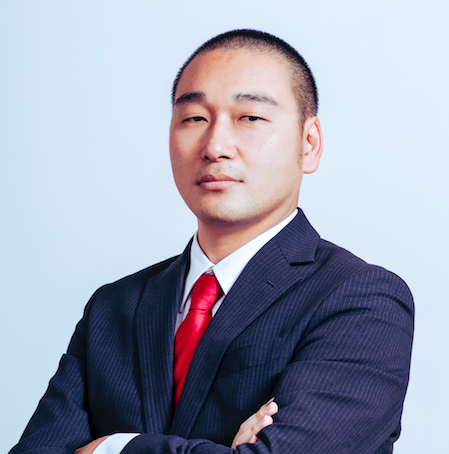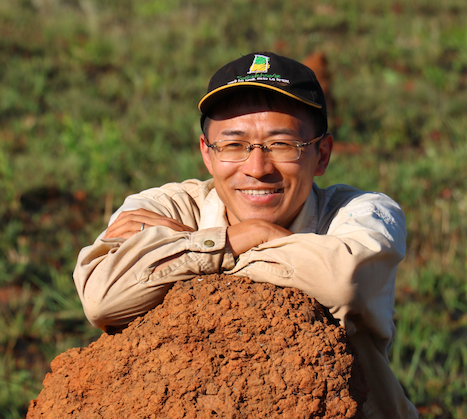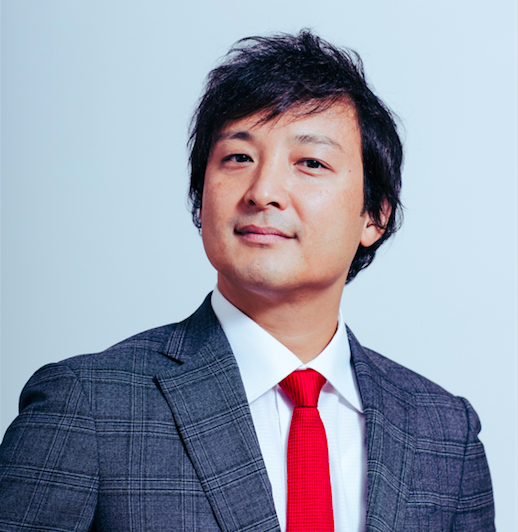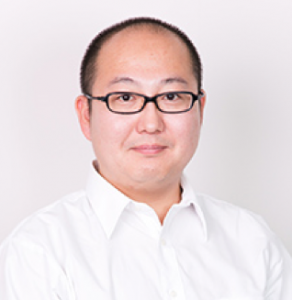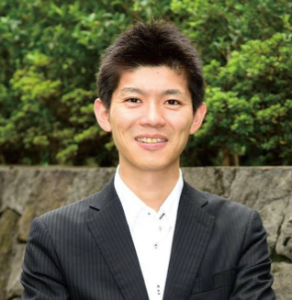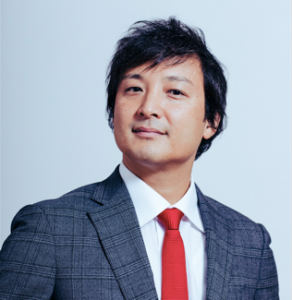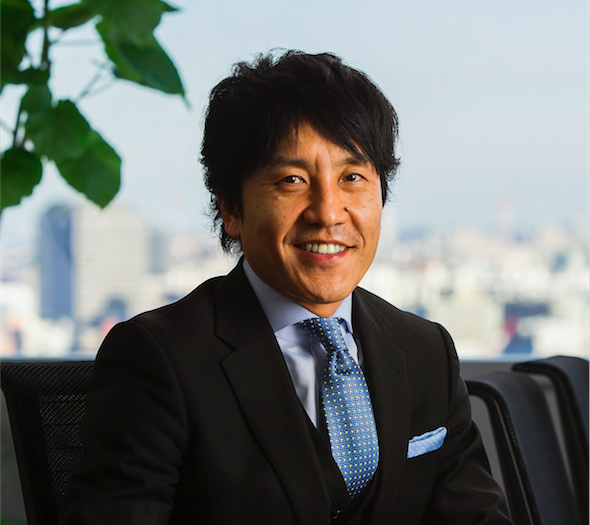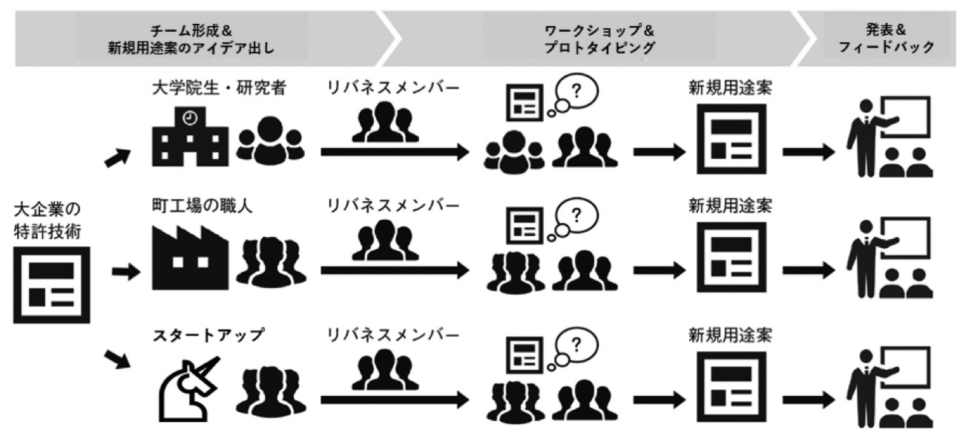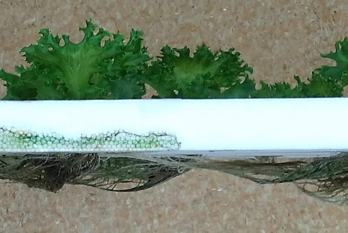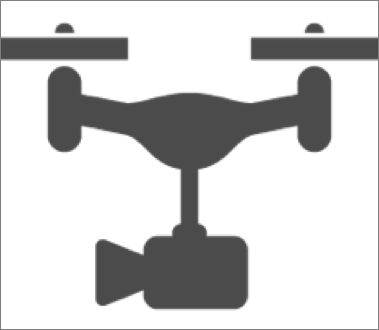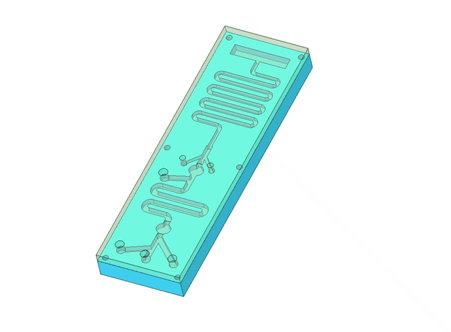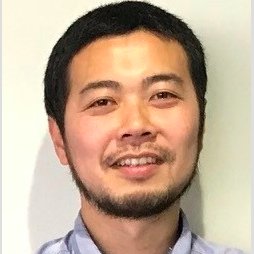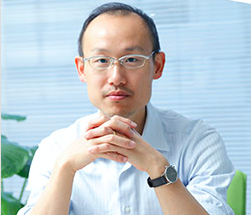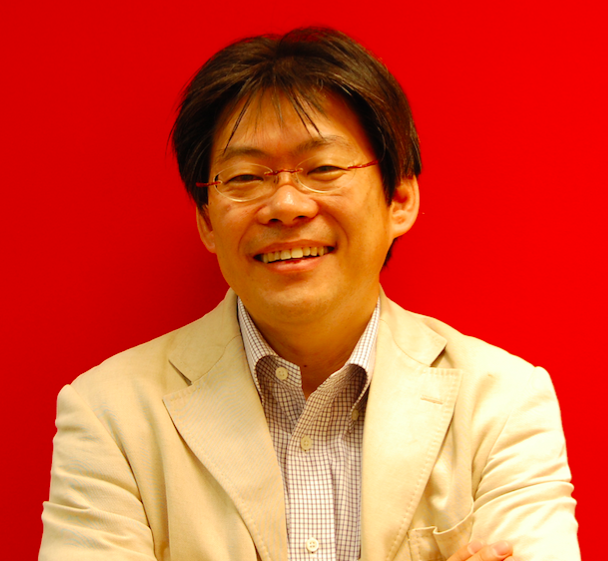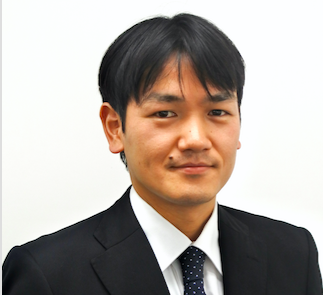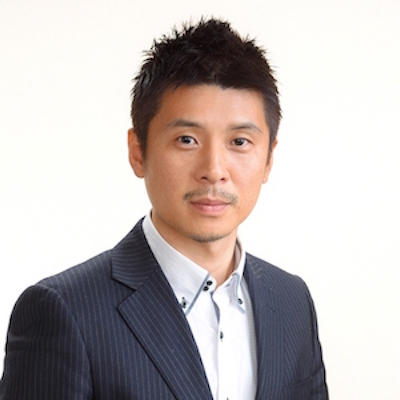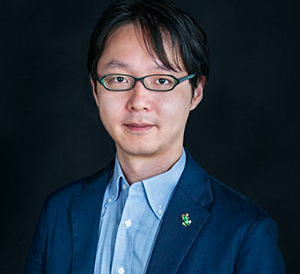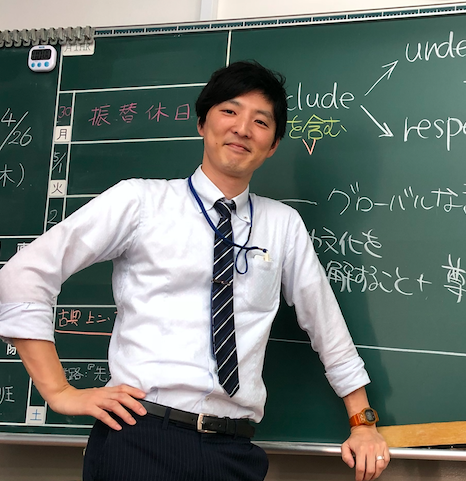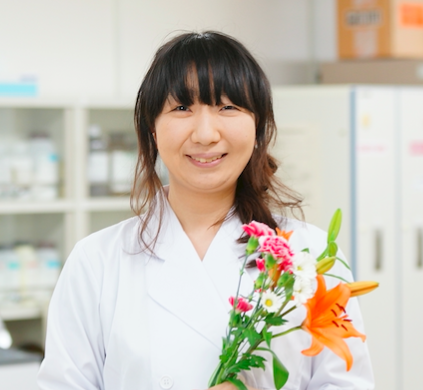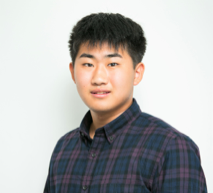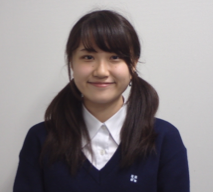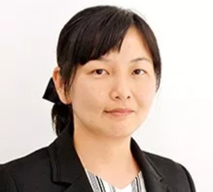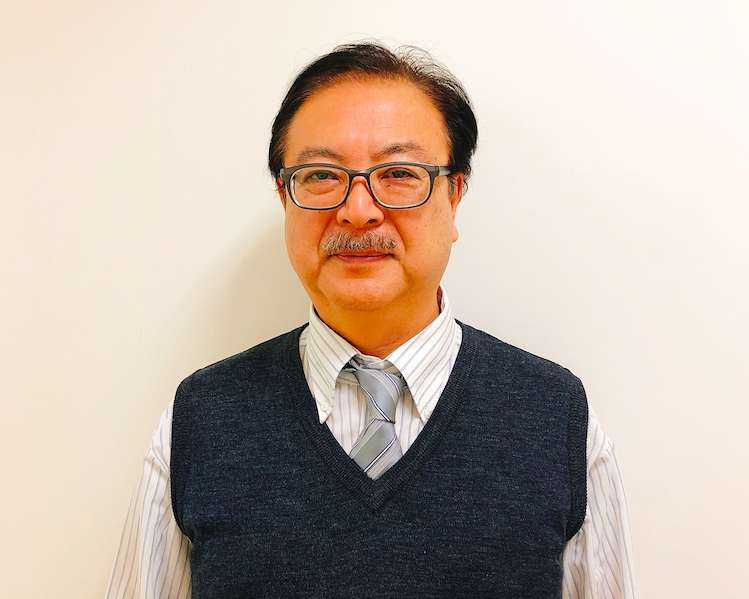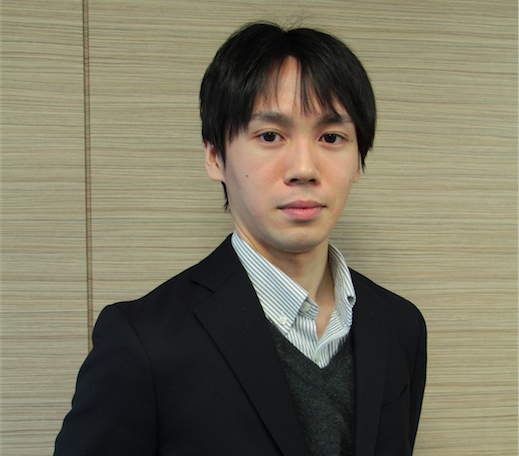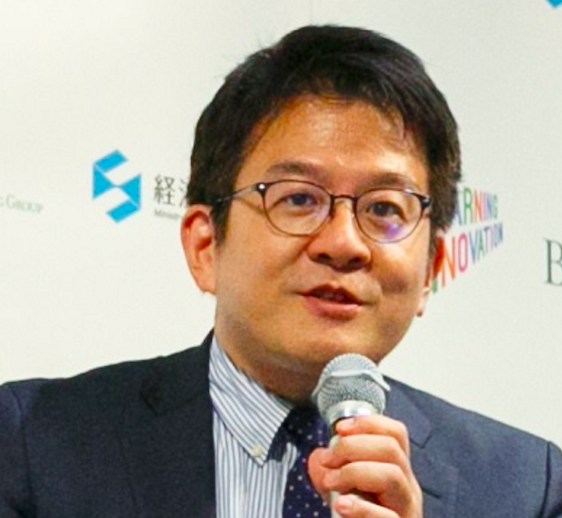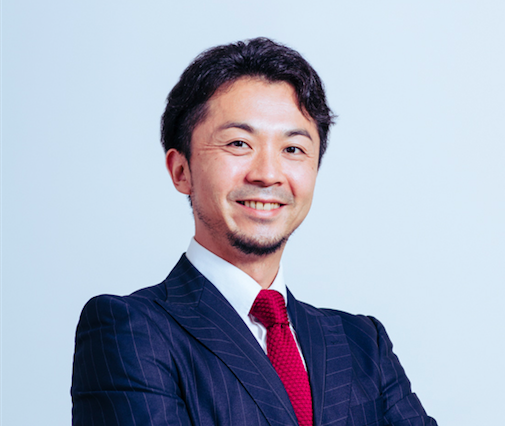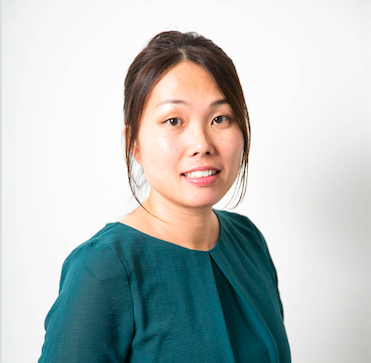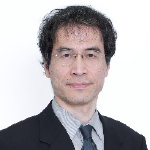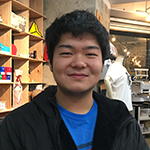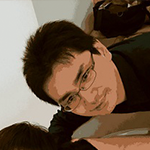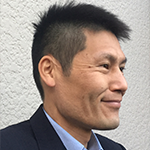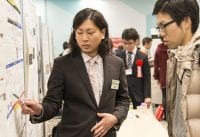The 8th Hyper Interdisciplinary Conference
- Conference Theme
- Connecting time, space, and the five senses
- Day & Time
- March 8 and 9, 2019 (Friday and Saturday) 9:00 - 18:00
- Place
- Bellesalle Shinjuku Grand Conference CenterAccess
Digest of Past Sessions/Related Articles
IoT, last mile, XR, telemedicine, ・・・・・. We live in an era where things that were previously unconnected are now connected to each other.
We will discuss the value created by connecting, how it will change society, and how it will lead to the future now that methodologies and technologies are emerging.
<To whom it may concern
Academia, venture companies, large companies, town factories, local governments, junior high and high school students
<Project Keywords.
Energy, Life Sciences, Architecture, Chemistry, Mobility, Robotics, Data Science, Materials, Computer Science, Agri, Electronics, Food, etc.
<Registration
Abstract Submission Deadline: Abstract submission is now closed.
Audience participation deadline: last minute registration possible
*Companies: Please contact [email protected] 050-1743-9899 to apply for invoice payment.
<About access to the venue
The venue, "Bellesalle Shinjuku Grand Conference Center" is located on the 5th floor of "Sumitomo Fudosan Shinjuku Grand Tower". Please note that the "Bellesalle Shinjuku Grand Event Hall" is located in the back of the building, but please be careful not to make a mistake.
Friday, March 8, 2019 9:00 - 20:00
9:00-9:15
- Main hall
Opening Ceremony
9:20-9:50
- Main hall
keynote speech
Harmonizing business and technology through design
Throughout history, new technologies have created unexpected new businesses and changed the world. Moreover, some observers believe that the frequency of these game-changing innovations has been shrinking since the advent of information technology.
Since no one can set definitive milestones for the future, we believe that the time has come for university researchers, business people from large corporations, and startup innovators to work hand in hand to speculate about the future.
In this presentation, we will introduce our efforts and experiences in developing and integrating R&D for the next generation of IoT innovation in harmony with business through the medium of "design".
10:00-12:00
- Main hall
TECH PLANTER World Communication
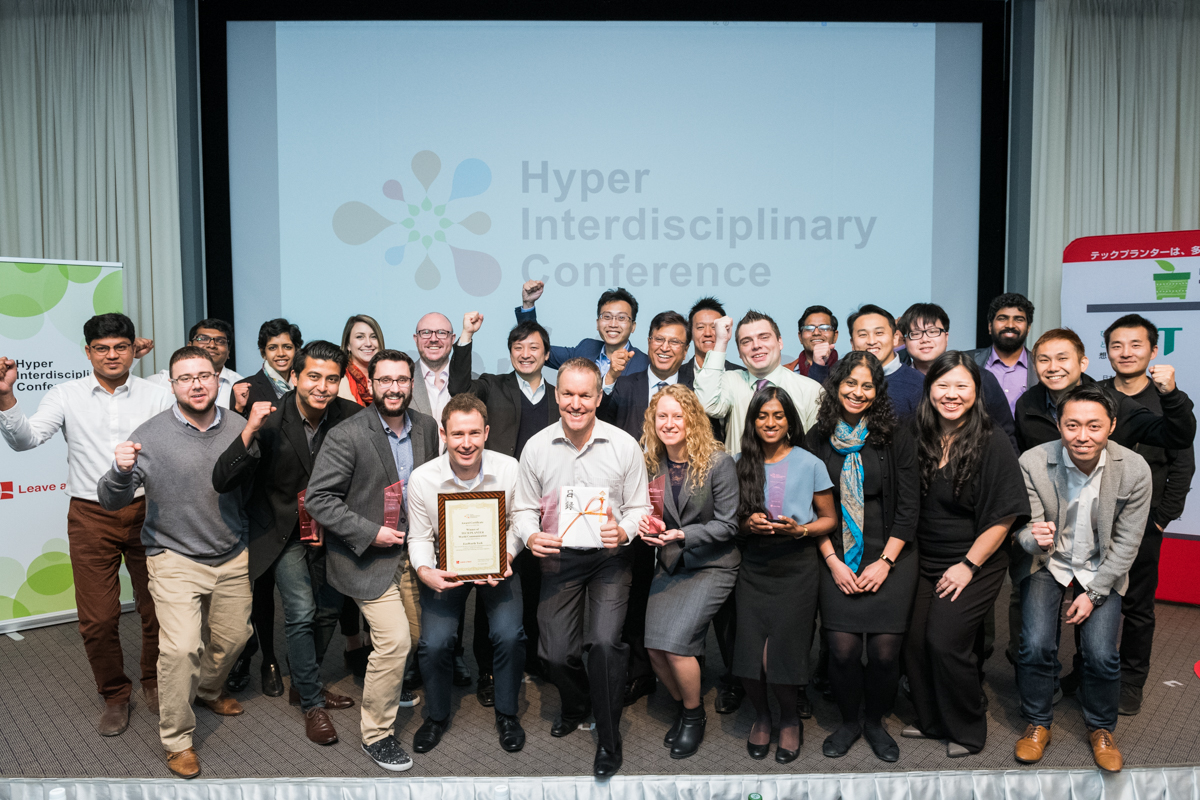
In 2018, LIBANES conducted an overseas TECH PLANTER in a total of 9 countries and 20 regions, including Japan, the United States, Europe, and 6 Southeast Asian countries. Ten teams selected from a total of 378 teams (156 domestic and 222 overseas) gathered there will gather for the TECH PLANTER World Communication, which will be held at the main conference of the 8th Super Interdisciplinary Conference.
In this session, each venture will talk passionately in 7 minutes about their Question, their passionate Passion for solving problems, and their core technologies that are indispensable for solving problems. Through the session, we will deliver the world view that technology ventures around the world are looking at.
12:00-12:50
- Main hall
Luncheon Seminar
Grab the Stomach of Humanity! Who are the people who can navigate the diversification of food culture?
Food Sponsors:.Yoshinoya Holdings Co.

Today, food is attracting increasing attention around the world. These include not only food production technology to feed a rapidly growing population, but also functional food products for preventive medicine, next-generation food products such as clean meat that will change the existing concept of food, and cooking technology that pursues deliciousness. As the way people think about food changes, what is required of those involved in the food industry will also change. What kind of people will be responsible for the future of human food? We will invite key persons in the food hub project promoted by the Singaporean government and people who are familiar with global food tech trends to participate in the discussion.
13:00-13:55
- Main hall
introductory session
Is there a universal approach to accelerating deep tech?
This session brings together founders of accelerators and technology ventures active in Japan, Southeast Asia, Europe, and the U.S. to co-create the future of the field in a panel discussion format.
While interest in the deep tech sector is currently growing in many countries and regions, how it will evolve in the future is still unknown. In this session, we will unpack whether the approach needed for deep tech to grow is universal, or whether localization based on culture, environment, and economic conditions is important.
14:00-14:55
- Main hall
drone session
When and where will the drone-premised society begin?
Session Partner: Drone Fund
We will discuss drones, which are currently the focus of many companies, with four of the world's most active key players. Presenters include Malaysia's Aerodyne, the world's seventh largest drone company; ACSL, the world's first startup to go public; SkyDrive, a leader in the development of flying cars in Japan; and Drone Fund, an expert on the drone industry in Japan and abroad,Who will be responsible for the development of drone technology? Which region will be the first to put drones to practical use as social infrastructure? The world's leading experts will engage in a heated discussion about the future of a drone-based society.
15:00-15:55
- Main hall
Food Tech Session
Food tech will change the world's food culture
Session Partner: Sigmaxis Inc.
The world's food culture will undergo dramatic changes in the 2020s. Food tech will be a major factor in this change. The unique food cultures and food-related technologies preserved in different parts of the world will rapidly intersect and may be forced to undergo major changes by new technologies that are becoming overwhelmingly less expensive to implement. In this session, we will discuss the future of the food tech space with accelerators who are familiar with global food tech trends and ventures that are trying to launch new businesses in the food sector.
16:20-17:50
- Main hall
Real Tech Venture of the Year 2019
Since 2015, LIBANES Inc. has awarded "Real Tech Venture of the Year" to a venture company involved in a unique, novel, and high-growth business in the real tech field. The award ceremony will be held on March 8, 2019 at 4:20 p.m. The awards ceremony will be held on March 8, 2019 at 4:20 p.m. This will be an opportunity to interact with venture companies and feel the impact of new technologies on the future.
10:00-12:00
- Session Room A
Super interdisciplinary pitch by researchers
Technology Splash
Session Partner: IHI Corporation
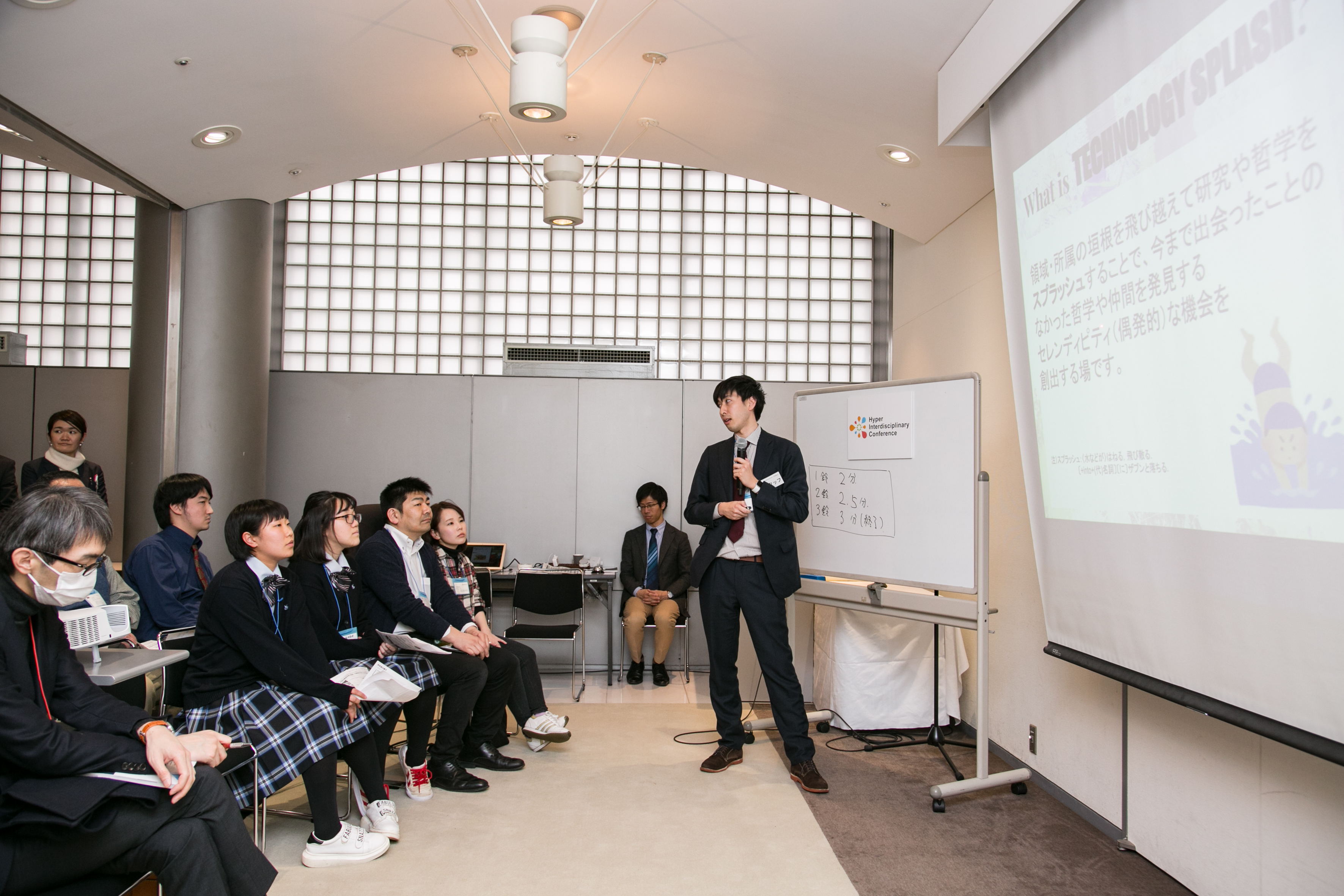
The word "splash" means "to jump or splash (water, etc.), to fall with a zap. In this project, researchers who are presenters will share the most passionate aspects of their research with the participants, transcending the boundaries of their fields and affiliations. The participants, on the other hand, will be exposed to the knowledge and enthusiasm of the researchers who will appear one after another, and dive into the world of different fields. In a series of short presentations in very different fields, the enthusiasm of the presenters and the enthusiasm of the participants collide, and new research ideas and friends are born as if by splashing. That is what Technology Splash is all about.
14:40-16:10
- Session Room A
Creation of "comfortable space" through contact with nature and sound
Session Partner: Kansai Electric Power Co.
In recent years, an increasing number of companies have taken steps to alleviate stress, improve productivity, etc., as part of their "work style reform" efforts. Among them, major overseas technology companies such as amazon and Apple are applying the "biophilia hypothesis," which states that humans instinctively seek nature, to the design of their office spaces as biophilic design. Interest in biophilia is growing rapidly, as many people have had the refreshing experience of immersing themselves in nature. Other typical influencing factors on people are sound. There are many known examples of its influence on people's cognitive function and emotional state.
On the other hand, these experiences are sensory, and it is important to accumulate scientific evidence in the future. Not only conventional psychological tests and physiological analysis, but also multifaceted verification incorporating newly developed measurement techniques and other methods, as well as quantitative evaluation of their effects, should clarify the relationship between nature, sound, and people. In this session, we will explore the possibilities and discuss the creation of "comfortable spaces".
16:20-17:50
- Session Room A
Psychosensing and Beyond - Psychology x Technology Expands the Future
Session Partner: Frontier Consulting Inc.
Technologies for measuring and visualizing the human mind, such as pupil analysis, facial expression analysis, and stress assessment, have made remarkable progress and are expected to find applications in industry and education. The question of this session is how to connect the data acquired by these technologies to the solution of human-related issues. Understanding the mind and solving problems will require highly accurate data as well as the ability of experts in the field of the mind to interpret what the data tells us. We will discuss the value that the fusion of mind research and technology will bring to human life in the future with researchers and up-and-coming startups.
10:00-12:00
- Session Room B
Evolution of next-generation robots and humans through higher-order connections between humans, machines, and space
~The form of social implementation that has emerged and beyond
Session Partner Sigmaxis, Inc.
With the development and integration of robotics, AI, sensors, teleoperation technologies, and space-sharing technologies such as VR and AR, the relationship between robots and humans is entering a new stage. In this session, we will discuss (1) the possibilities of utilizing advanced teleoperated robots and the issues involved in their social implementation, and (2) how people's lives will change as the sense of touch (haptics), following hearing and vision, transcends space and time and begins to connect with other senses. We will invite three panelists, a tele-operated robot platform developer, an engineer who is trying to implement VR in the medical field, and a specialist in haptic technology (real haptics), to discuss how our lives will change as "haptics" begin to be connected beyond space-time and time.
14:40-16:10
- Session Room B
Food production using underutilized resources
Session Partner: Kawasaki Heavy Industries, Ltd.
Earth Technica is discussing what kind of business can be envisioned by collaborating with venture companies and researchers around the planting equipment*, with the aim of accelerating the planting equipment project. In this session, we will talk about one aspect of the Cultivator Project under the theme of "food production using unused resources," and develop a new biomass cycle project using the equipment with major companies, ventures, and producers in the audience.
*Fibers are processed by compressing and kneading grass and woody biomass, while the fibers are disintegrated and swelled to be recycled.
16:20-17:50
- Session Room B
Did you know that you can consult with town factories for ideas?
Superfactories Manufacture Knowledge in the Age of Superfactories
Session Partner: MeTaMoJi Corporation
Japan's town factories will save the world!
Super factories that give "shape" to the "issues" of many ventures, researchers, and major companies are now being created in many places. Based on the examples of the Takumi Consultation Center created by Hamano Seisakusho and the PR project in collaboration with UNIQLO and Toray Industries, we will discuss the examples and possibilities of town factories that can create knowledge, with representatives of two super factories and PR people from ventures and large companies that are creating knowledge together.
10:00-12:00
- Session Room C
Genomics, Industry, and Us - Approaches and Prospects for a Genome-utilizing Society
Session Partner: Chiome Bioscience Inc.
In recent years, the development of technologies for editing and reading "genome (genetic information)" has greatly advanced basic genome research not only in humans but also in various other organisms. With the accumulation of such knowledge and technologies, there has been a movement toward the utilization of genome information in the real world, such as determining the onset or absence of human diseases and editing the genome of food products based on genome information. On the other hand, there are many limitations and challenges in providing genome information and editing technologies as services in the real world. In this session, startup companies and researchers with innovative technologies for genome information analysis and editing will discuss their efforts and challenges for social implementation, and clarify the prospects for the realization of a genome-utilizing society.
14:40-16:10
- Session Room C
The Truth About Local Ecosystems, According to the Founders
Session Partner: Nihon Unisys, Ltd.
As various measures for regional revitalization are being implemented to create local communities, attention is being focused on regional ventures as a standard bearer for the creation of new industries that will bring employment and vitality to the region. In the midst of various measures to revitalize local regions, local venture businesses are attracting attention as a standard-bearer for the creation of new industries that will bring employment and vitality to the region. How can we create and nurture industries in regions that have many disadvantages compared to urban areas in terms of "people, goods, and money," which are necessary for venture growth? The answer to this question is being found in Kumamoto Prefecture, where RIVANES has signed its first industry-academia-government-finance collaboration agreement and is aiming to build a "symbiotic industry. Focusing on Kumamoto Prefecture, which is at the origin of efforts to build a regional ecosystem that has now spread to nine regions, we will explore the essence of the regional ecosystem that creates industries in the region, together with founders who aim to take off as regional ventures and large companies that are in a position to support them.
16:20-17:50
- Session Room C
Humans in hibernation - How will the human body evolve then?
Session Partner: Kyowa Hakko Bio Co.
Hibernating animals such as bears and squirrels can survive periods of no food or severe cold by lowering their basal metabolism to 1~25% of normal and minimizing energy consumption. If applied to humans, it is expected that this could solve medical problems such as the transportation of critically ill patients and the long-term stocking of regenerated organs. However, hibernation without food for a long period of time is completely "out of the ordinary" for our bodies, and may have a significant impact on commensal bacteria such as intestinal bacteria, which are said to be closely related to the onset of disease and maintenance of health in recent years. When the age of hibernation arrives, how will the human body and life span change? We will discuss this question with a leading hibernation researcher and a professional in the field of intestinal bacteria analysis.
Saturday, March 9, 2019 9:00 - 20:00
9:00-9:15
- Main hall
Opening Ceremony
9:20-9:50
- Main hall
keynote speech
Interactive Matter & Fabrication
Real World Interaction Expanded from Materials
In response to advances in display technology, the physical and digital worlds are being superimposed, and the barriers between them are becoming looser. Mr. Kakehi is not only superimposing optical visual information, but also focusing on the various materials that make up the physical space, enhancing their expressive power computationally, and developing means to bring about even richer modality-mediated interaction with the real world. In this presentation, Mr. Kakehi and his colleagues will introduce their research on materials for dynamically changing color, shape, and movement, their fabrication methods, and interactive expressions using these materials.
10:00-12:00
- Main hall
Liberace Research Funding Award 2019
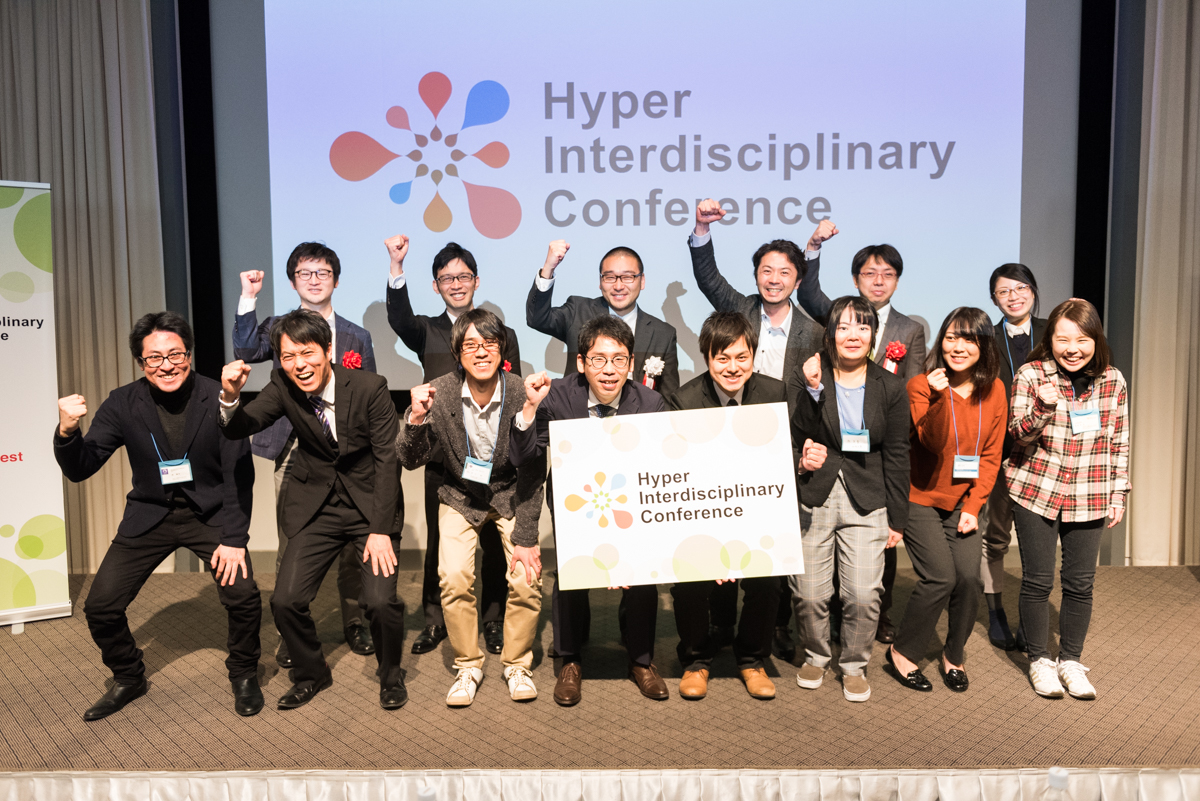
This is an award program to select young researchers who are deemed most suitable for fusion of different fields from the oral presentations by the recipients of the LIBANES Research Grant and present them with the annual award. young researchers under 40 years old in diverse fields will give presentations, which will be judged by a panel of corporate judges.
13:00-14:30
- Main hall
symposium
New themes can be seen by paddling out to sea
〜Seeds of research and business generated from unexplored fields
Session Partner: The Nippon Foundation
With the development of science and technology, what we already know, what we can do with money and time, and what can be left to robots and artificial intelligence are increasing. In such a situation, the field close at hand to which we humans turn our intellectual curiosity and pioneering spirit is the "sea," an environment filled with seawater that is 90% unexplored and where technologies developed on land and in space are not applicable. On the other hand, the biosphere, which is different from the terrestrial realm, is a rich source of food and a treasure trove of useful materials. In this session, two teams from among the ocean projects being carried out jointly by the Nippon Foundation and RIVANES will take the stage to introduce new research and business themes emerging from the ocean: a team working on the development of innovative technology for seafloor topographic mapping and a team working on the creation of new businesses using the ocean as a stage.
14:40-16:10
- Main hall
Expanding the World of Taste with Technology
Session Partner: Ezaki Glico Co.
Taste is not just a taste level, such as sweet or bitter, but a higher sense that is created by various factors such as smell, sight, touch, hearing, physical condition, and even past experiences. The use of taste and smell sensors and VR has greatly advanced our understanding of deliciousness at the research level. In this session, we will discuss what good taste is, with researchers who are working on cutting-edge research that provides clues to understanding the relationship between the five senses and good taste. The session will also discuss what kind of food world, including new cooking methods and food culture, will emerge from the latest findings and technologies.
16:20-17:50
- Main hall
Exploring the Sources of Knowledge
~ Can crossing disciplinary barriers generate valuable ideas? ~Can transcending disciplinary barriers generate valuable ideas?
Session Partner: Focus Systems, Inc.
Will researchers in academia change under the stimulus of industry? In recent years, the industrial world has begun to actively seek collaboration with the outside world. In the past, this trend was often driven by companies looking for targets for joint research and approaching them, but recently this trend is changing. Researchers are now taking their own perspectives and expertise to propose various approaches to the themes proposed by companies, or researchers themselves are starting their own businesses and proposing collaboration, thus creating a two-way mixture of knowledge. This change may also affect the conception of research themes in academia.
In this session, we will discuss the origins of the research that leads to new technologies and knowledge that could bring about future change.
17:50-18:20
- Main hall
commendation or awards ceremony
10:00-12:00
- Session Room A
Thinking about how to cultivate the earth to feed 10 billion people
Session Partner: Kobashi Kogyo Co.
Today, there are high expectations for the use of IoT tools and satellites in the agricultural sector. However, even with modern science, there are still many unexplained aspects of soil, which forms the basis of agriculture. In the near future, when the population will rapidly increase, how should we humans cultivate the soil, a limited resource and a source of much mystery?
Based on a keynote speech by Kazushi Fujii, a senior researcher at the Forestry and Forest Products Research Institute and author of "Soil: The Last Oz of the Earth, In Search of Soil to Feed 10 Billion People," published by Kobunsha in 2018, the panel discussion will include Shojiro Kobashi, representative of Kobashi Kogyo, an agricultural machinery manufacturer with a new philosophy of "cultivating the earth," Shojiro Kobashi, representative of Agriculture and Food an agri-tech company that creates the future of agriculture and food, Masahiro Kitajima, representative of Farm Ship Co.
12:00-12:50
- Session Room A
Luncheon Seminar
Can AI and sensor technology solve care and welfare issues?
Session Partner: Sompo Japan Nipponkoa Insurance Inc.
Food Sponsor: Yoshinoya Holdings Co.
Japan is facing an aging society with a declining birthrate. The shortage of nursing care and welfare workers has created a mountain of problems that are beginning to be felt everywhere. The problems we see today are just the tip of the iceberg, and will become even more serious as the average life expectancy continues to increase in modern society. It is a critical mission of mankind to create a system that allows both caregivers and those who need care to live out their lives in good health. In recent years, there has been much talk about care and welfare reforms based on AI, IoT, sensor technology, etc. as a solution to this problem, but can these technologies really be the savior? In this session, ventures that develop AI, excretion sensors, and sleep tech that teach the know-how of skilled caregivers will gather to discuss the future of nursing care and welfare.
14:40-16:10
- Session Room A
What is the value of human beings in a society premised on artificial intelligence?
〜Creating a future in which all people can play an active role
Session Partner: Yoshinoya Holdings Co.
With the rapid evolution of technology, such as robots and artificial intelligence, the places where humans will be active will change. How will people demonstrate their value in order to work as human beings? How can we provide opportunities for all people to play an active role? Mr. Yasutaka Kawamura, President and CEO of Yoshinoya Holdings, which operates 3,399 stores worldwide and continues to employ many people in the service industry, and Mr. Yoshinoya, who is thinking and creating ways to create a better society where people can live happily and healthily through thinking about "what is human" based on the latest biotechnology and artificial intelligence technologies. Together with Mr. Jun Zeze, President and CEO of Humanome Research Institute, Inc.
16:20-17:50
- Session Room A
Mitsubishi Electric Idea Plus 2.0
Session Partner: Mitsubishi Electric Corporation
There are many technologies lying dormant in large companies that have yet to be fully utilized. The project was launched in December 2018 as a place to examine the potential of these technologies and as an attempt to increase opportunities for social implementation. Then, over a period of about three months, teams of people from universities, research institutes, and local factories formed teams to study new applications for the technologies provided by Mitsubishi Electric, and presented the business plans they devised at the 7th Super Interdisciplinary Conference last year.
One year after the presentation of the "Mitsubishi Electric Idea Plus" session, the project has expanded to Singapore and grown to include local university students and start-ups. Currently, demonstration experiments are underway in Japan and Singapore to realize the business plans. RIVERNESS believes that this process itself can be an opportunity for large companies to meet new fields with which they have never interacted before, and to look at the application of their technology to products and services other than their own.
In this session, we will present four initiatives being undertaken by proposers who have considered new applications. Through these presentations, we hope to share new methodologies and processes by which large companies can meet with different fields.
10:00-12:00
- Session Room B
New research and business created by researcher-initiated ventures and large companies
Session Partner: Mitsui Chemicals, Inc.
In academia, there are many researchers with a passion to implement technology in society and change the world. There are many difficulties and obstacles that these researchers face when they start a venture company and aim to commercialize their work. In this session, we will discuss the frontlines and challenges of social implementation by passionate researchers in academia, the aims and issues of collaboration between large companies and venture companies, and the challenges and aims of collaboration between large companies and venture companies. In this session, we will discuss the frontlines and challenges of social implementation by passionate researchers in academia, the aims and challenges of collaboration between large companies and venture companies, efforts by large companies to promote collaboration on these challenges (organizational structure and framework), examples of collaboration between venture companies and large companies, and future responses by both sides.
14:40-16:10
- Session Room B
Re-designing the Learning Environment
〜˜How do we nurture the next generation that can engage their peers and solve the world's problems?
Session Partner: Osaka Meisei Gakuen
How do we nurture the next generation to survive in an era of rapid change? Nurturing the next generation capable of discovering global issues and taking action to solve them is a common mission of society. It goes without saying that the learning environment must also evolve to encourage the learning of students with diverse interests and predispositions.
This session will bring together leaders in advanced educational projects to discuss the skills needed to survive the times and learn for the future.
16:20-17:50
- Session Room B
Envisioning the world's hottest research institute
~The Next Generation and a Place to Accelerate the Growth of Researchers
Session Partner: JTEKT Corporation
Combined with the revision of the curriculum guidelines for junior high and high schools and the promotion of high school-university collaboration, an increasing number of junior high and high school students are starting serious research while still in high school. Many of them have turned their homes and schools into "laboratories," using the Internet to engage in discussions with a diverse range of people while pursuing their research in a free-spirited manner. Now that "research careers" no longer begin at universities, what kind of environment and network are needed to foster researchers who pursue diverse research careers?
In this session, together with "super young researchers" who started their research in junior high and high school, we will envision the "hottest research institute in the world" where research can be freely conceived. In an environment not bound by conventional frameworks, let's fantasize and envision "what it would be like to have such a research institute," and create the first step toward its realization.
10:00-12:00
- Session Room C
Could "exciting" research revolutionize education?
Session Partner: Toppan Printing Co.
The world of education is currently undergoing a major transformation. Simply imparting knowledge in standardized classes will not nurture the ability to live in a world that is changing at an accelerating pace. In the future, more emphasis will be placed on developing children's abilities and potential to the maximum extent possible in accordance with their interests. Therefore, our research center focuses on the "excitement" of the moment when interest is aroused and the heart is stirred, and conducts research to visualize the movement of the heart using knowledge from social psychology, cognitive science, and other fields, and to apply this knowledge to educational activities.
In this session, together with the initiators of this research, social psychologists, pupil analysis professionals, and education policy makers, we will delve into the key element of education, "excitement," and consider the future of education.
14:40-16:10
- Session Room C
2nd Cellular Agriculture Conference
~ Practical application is in sight! The forefront of cellular agriculture and cultured meat
Session Partner: Nippon Ham Corporation
Cellular agriculture is the production of agricultural, livestock, and marine products through cell culture. A typical example is "cell-cultured meat," which is produced by combining muscle cell culture and regenerative medicine technology, and is expected to be a decisive factor in solving the world's food problems.
In this session, Professor Yuji Harada, who is conducting research at Tokyo Women's Medical University on the application of regenerative medicine technology to food production in space, will introduce the front lines of cellular agriculture, which is gaining depth in elementary schools, universities, companies, and the government, including its development in the field of education, the latest trends in corporate development, and government perspectives on food safety regulations. The latest developments in the field of cellular agriculture in the education field, the latest trends in corporate development, and government perspectives on food safety regulations.
16:20-17:50
- Session Room C
Toward the Realization of an Information Ecosystem Linking Healthcare and R&D
TBA
Diamond Partners
Grand Partners (in alphabetical order)

IHI Corporation

Chiome Bioscience Inc.

Kansai Electric Power Co.
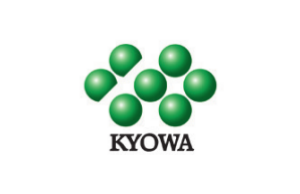
Kyowa Hakko Bio Co.

Kobashi Kogyo Co.
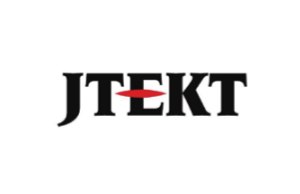
JTEKT Corporation
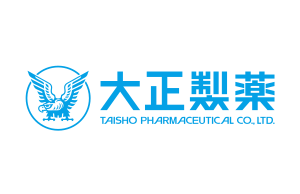
Taisho Pharmaceutical Co., Ltd.

Toppan Printing Co.

Japan Tobacco Inc.

Nippon Ham Corporation
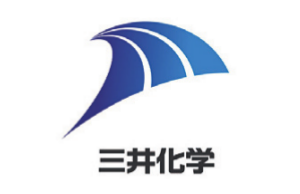
Mitsui Chemicals, Inc.

Yoshinoya Holdings Co.
Session Partners
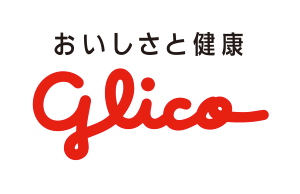
Ezaki Glico Co.
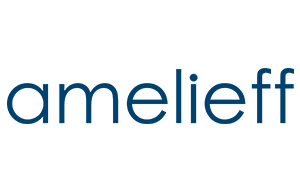
Amelieff Corporation

School Corporation Osaka Meisei Gakuen
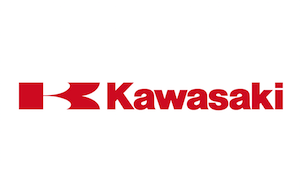
Kawasaki Heavy Industries, Ltd.


Sompo Japan Nipponkoa Insurance Inc.
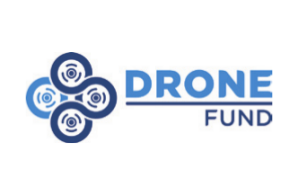
Drone Fund
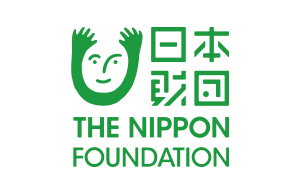
The Nippon Foundation
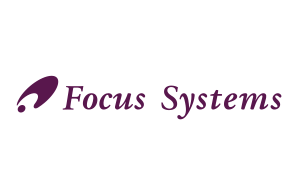
Focus Systems Co.

Frontier Consulting Inc.

MetaMoJi Corporation
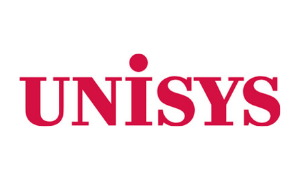
Nihon Unisys, Ltd.
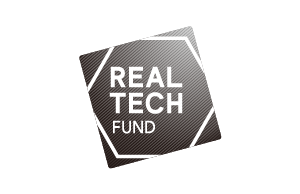

Rhelixa Corporation



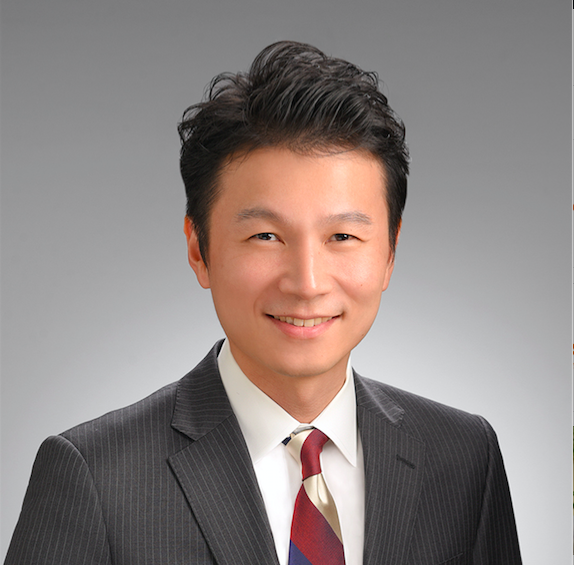
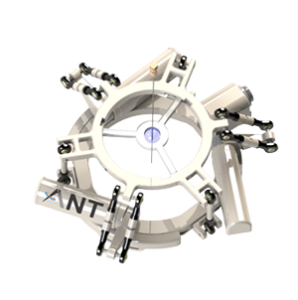

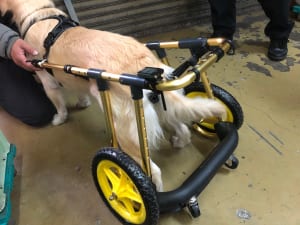


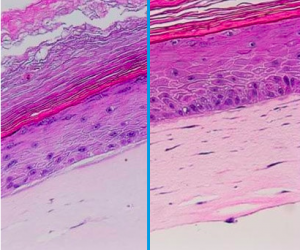
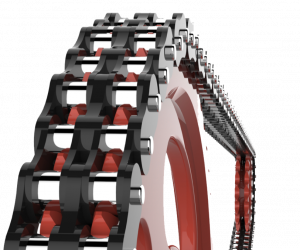
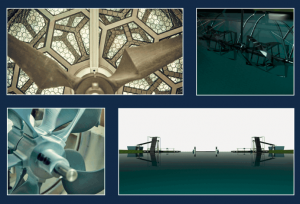
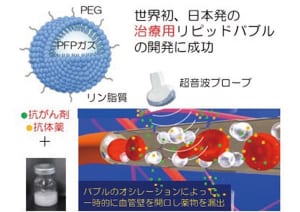
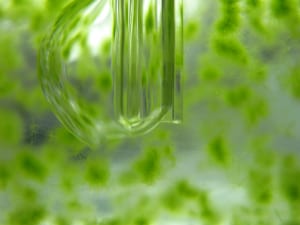
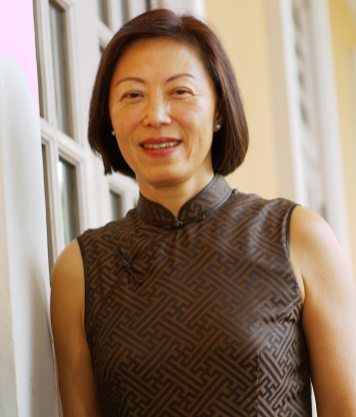
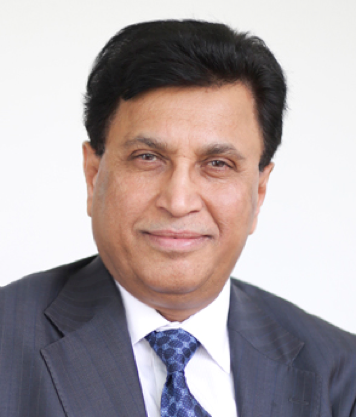
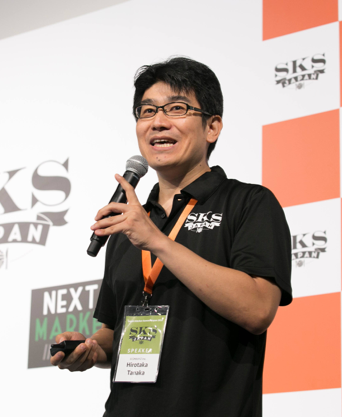
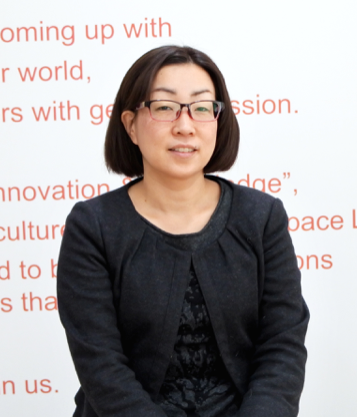
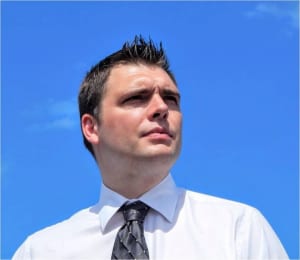
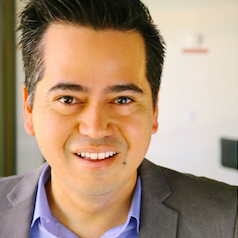
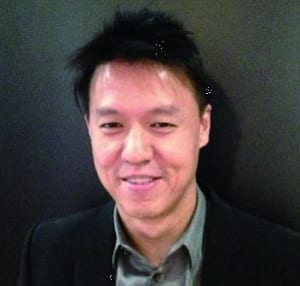
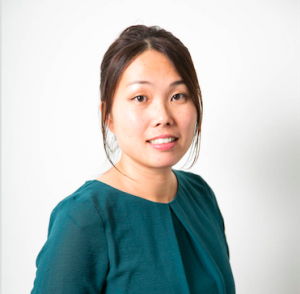

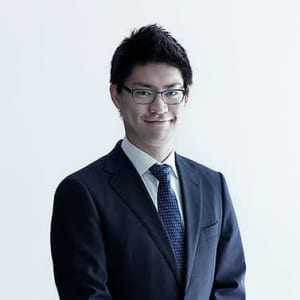
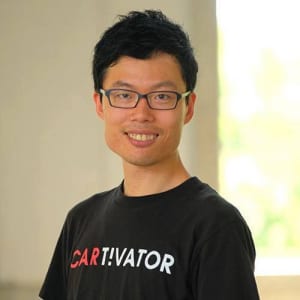
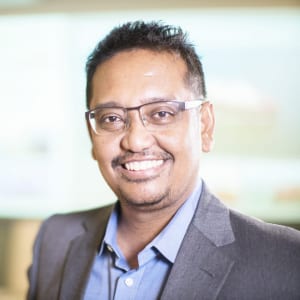
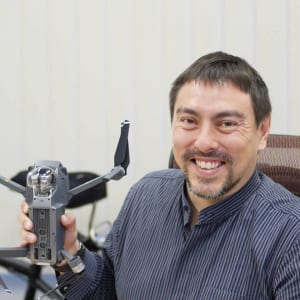
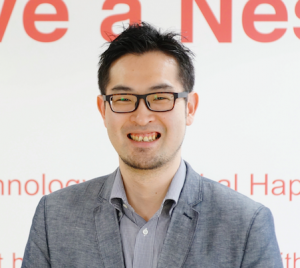
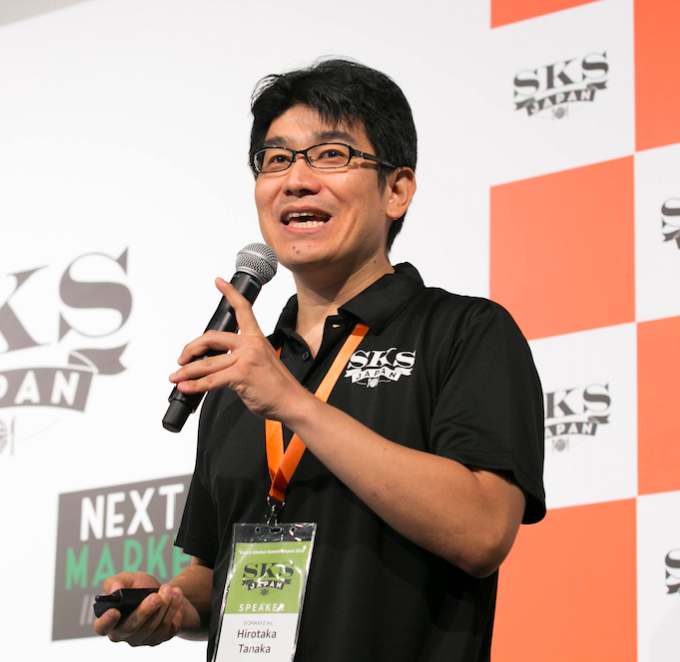
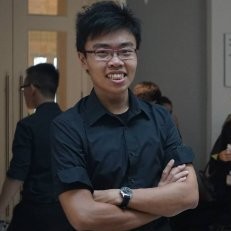
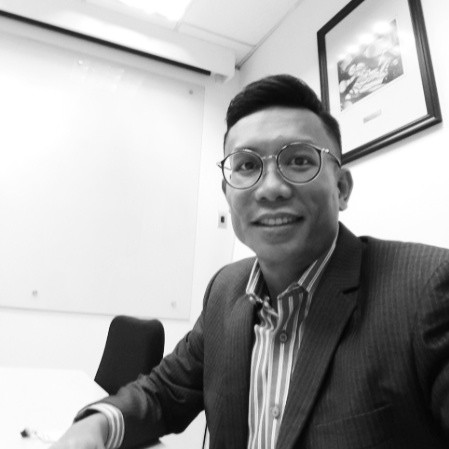
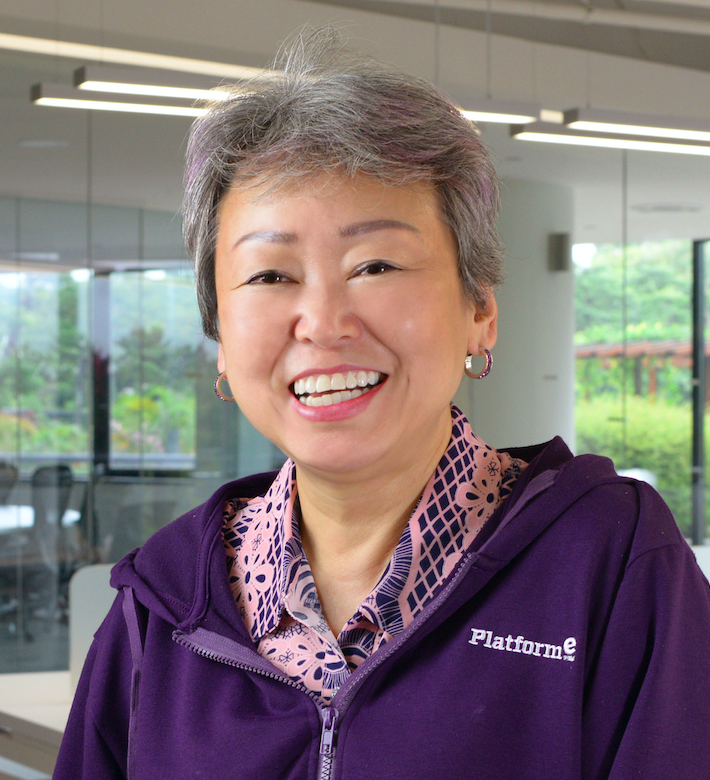
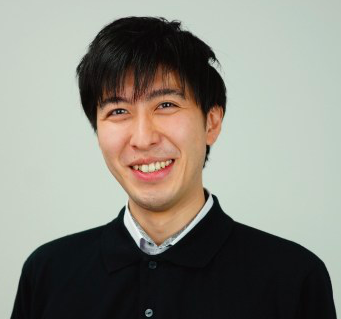

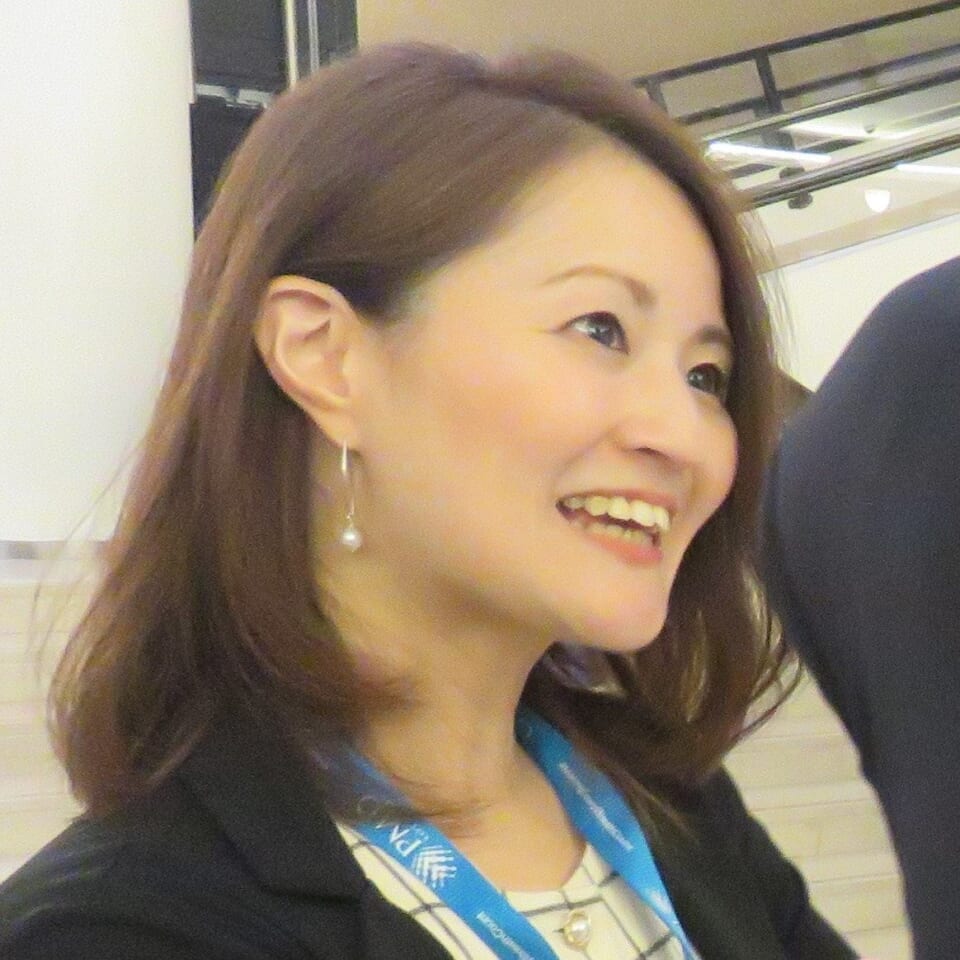
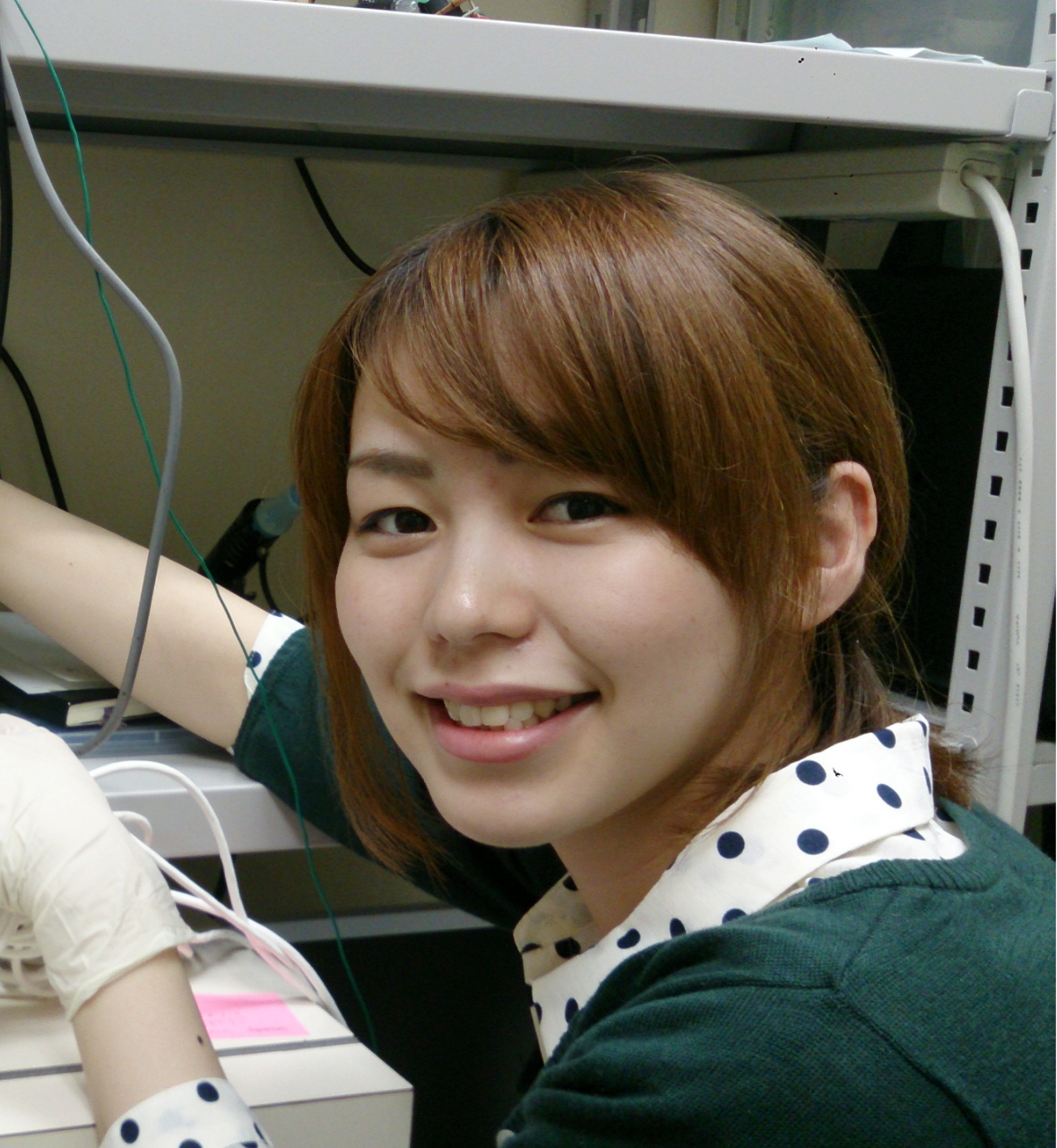
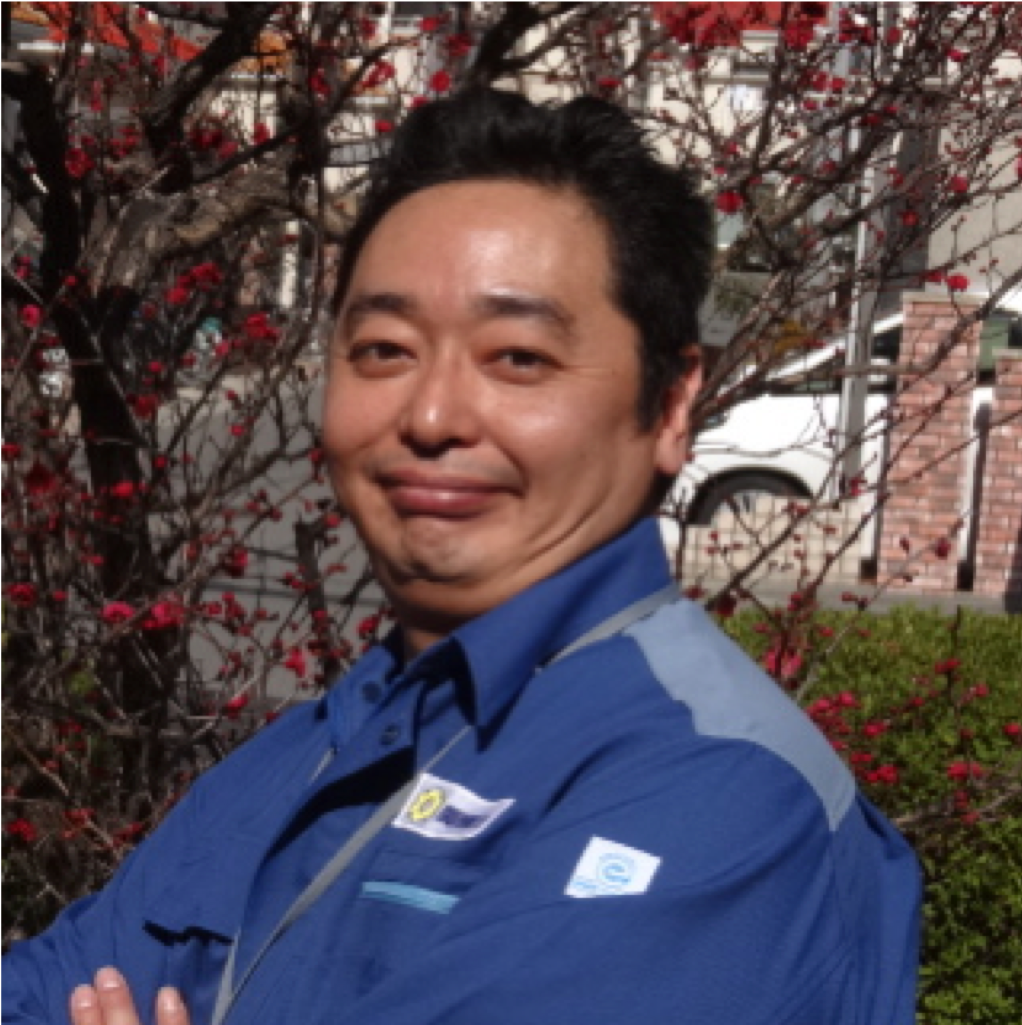
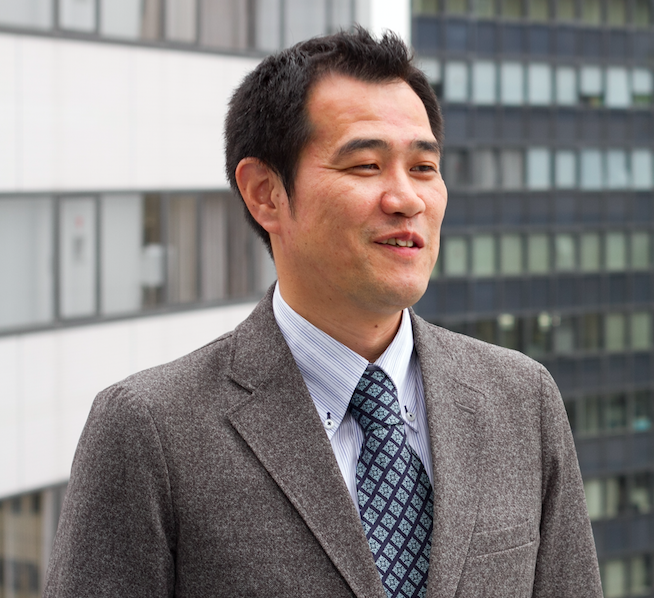
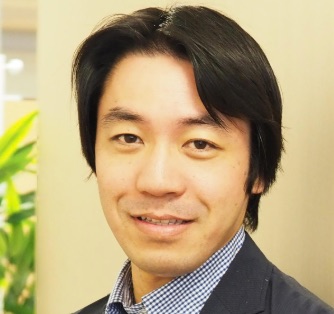
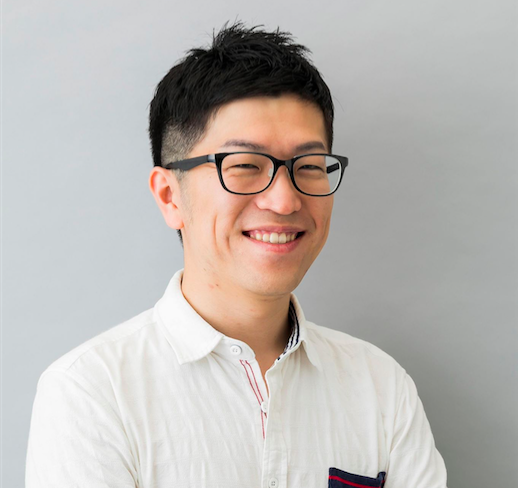
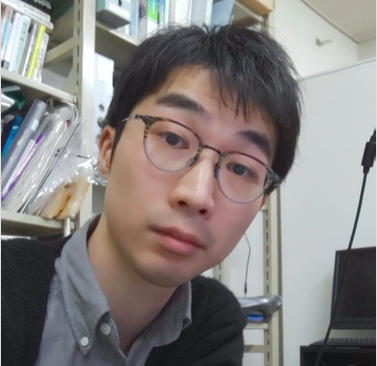
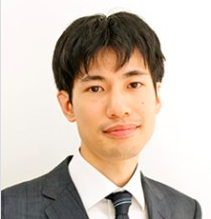
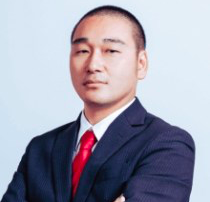
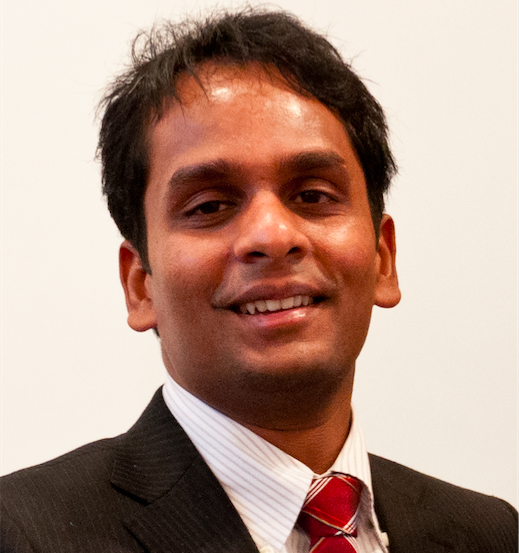
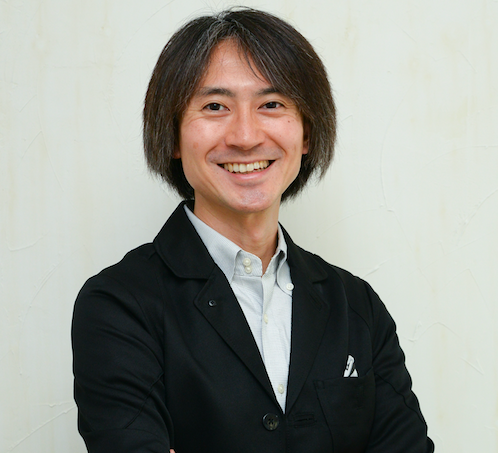

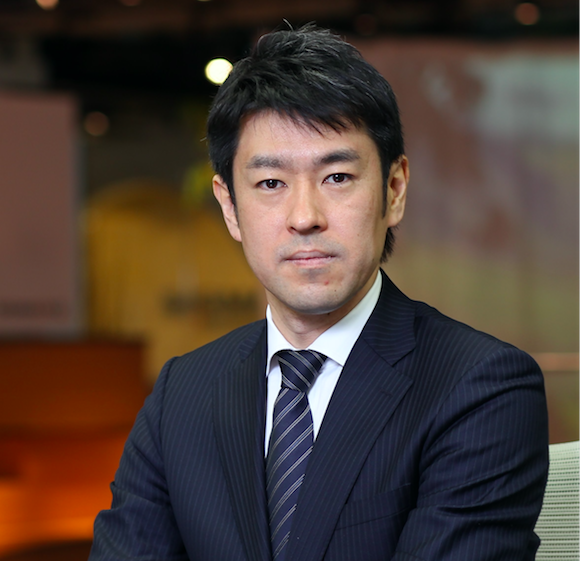
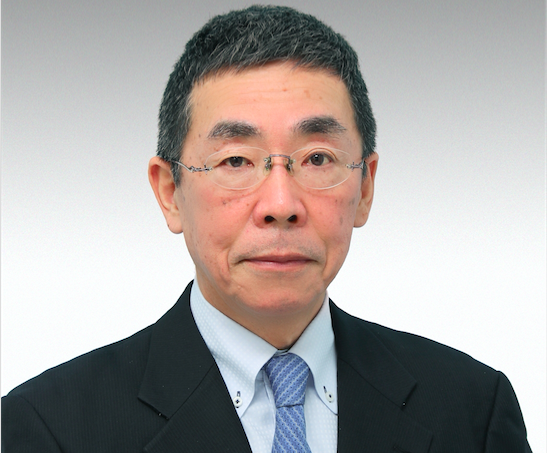

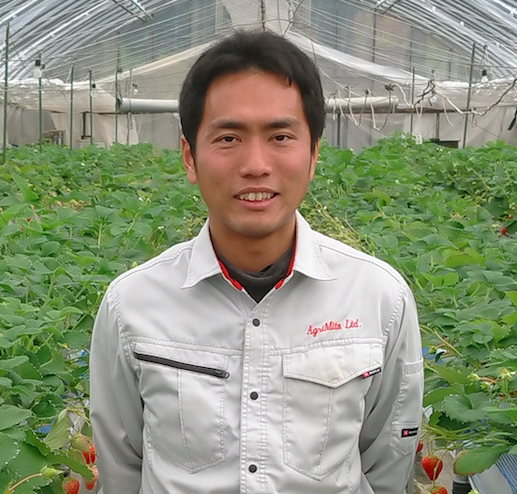
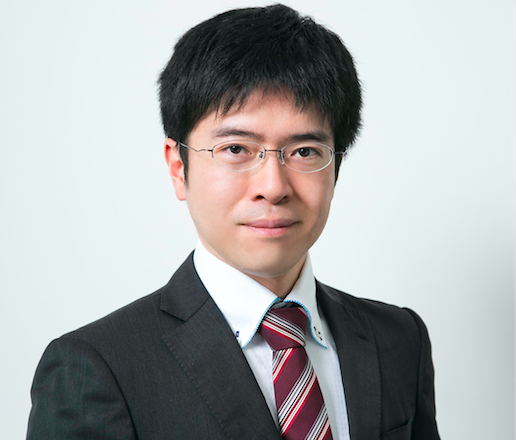
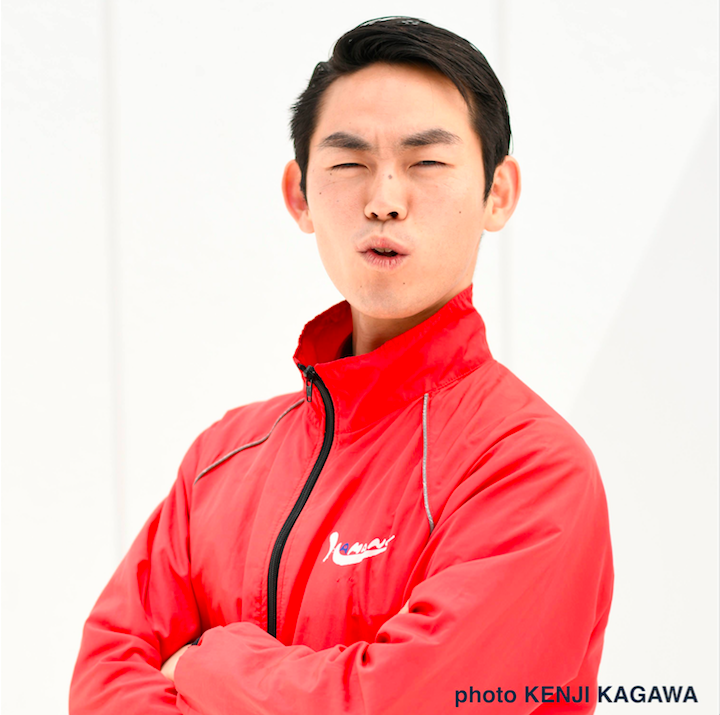

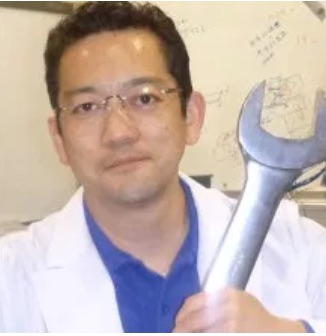
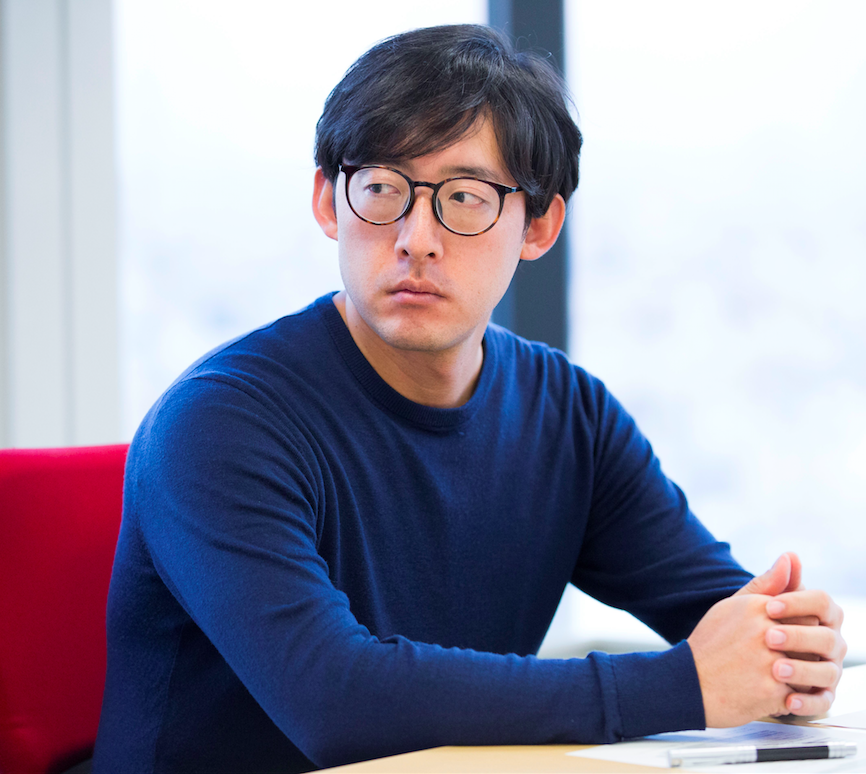
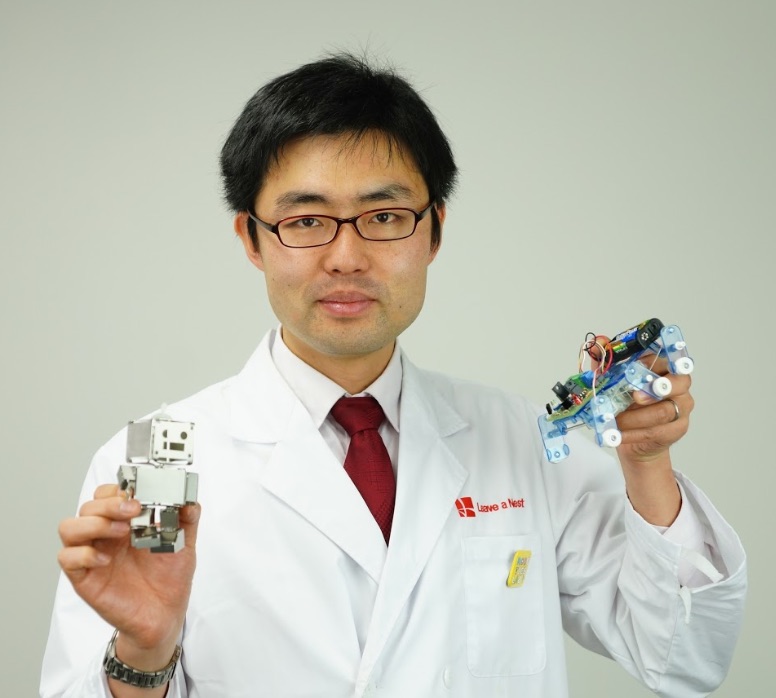
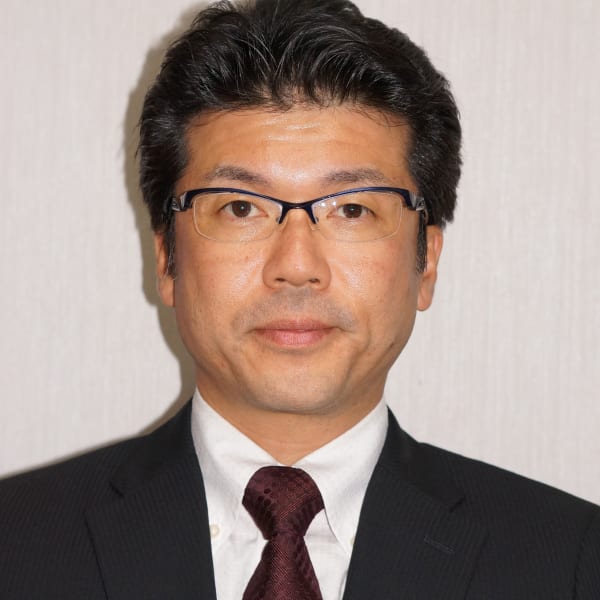
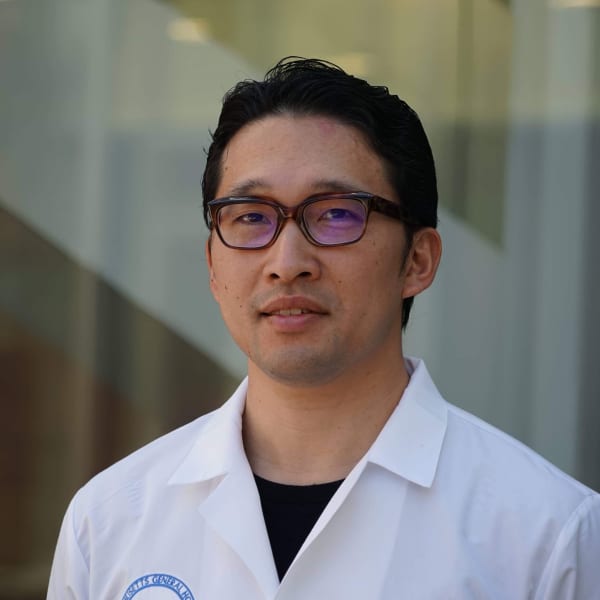
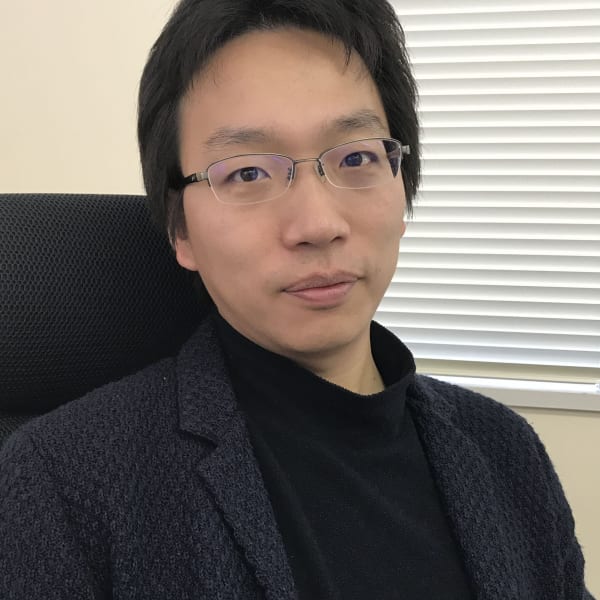

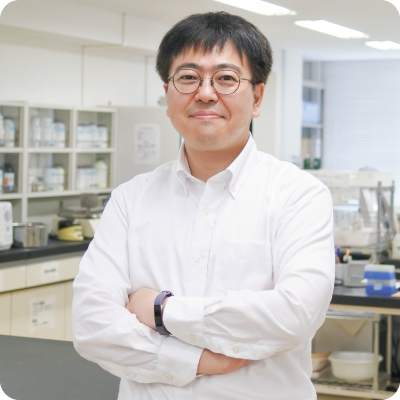
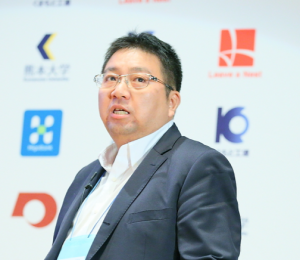
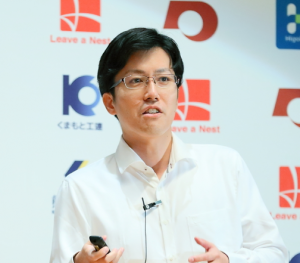
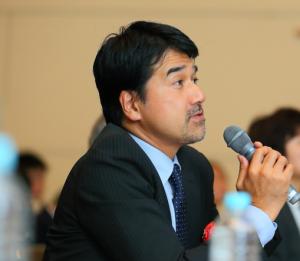
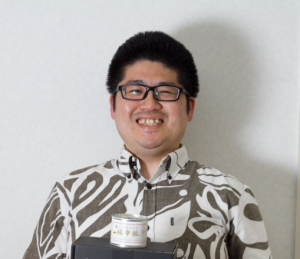

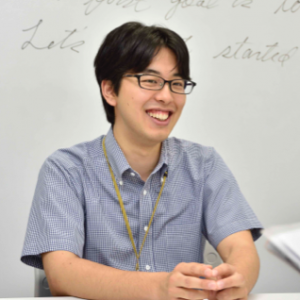
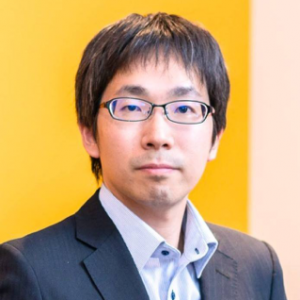
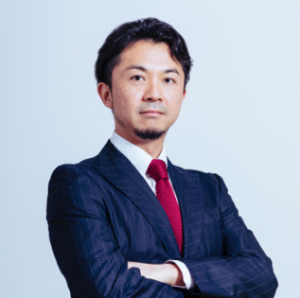

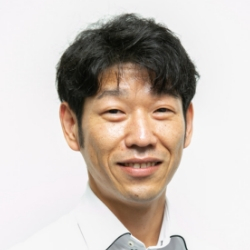 Representative Director, Nariko Seimitsu Co.
Representative Director, Nariko Seimitsu Co.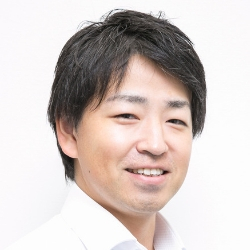 Representative Director, Biologging Solutions Inc.
Representative Director, Biologging Solutions Inc.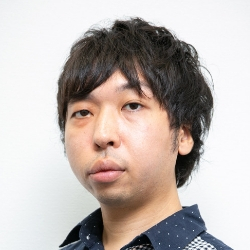 CEO, Lighthouse Inc.
CEO, Lighthouse Inc.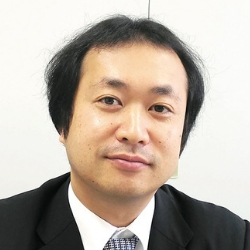 Associate Professor, Department of Chemistry and Biotechnology, Faculty of Engineering, Tottori University
Associate Professor, Department of Chemistry and Biotechnology, Faculty of Engineering, Tottori University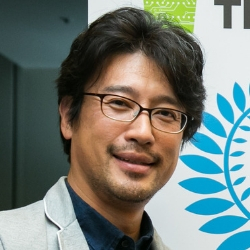 Associate Professor, Department of Biology and Applied Chemistry, Wakayama National College of Technology, National Institution of Technology
Associate Professor, Department of Biology and Applied Chemistry, Wakayama National College of Technology, National Institution of Technology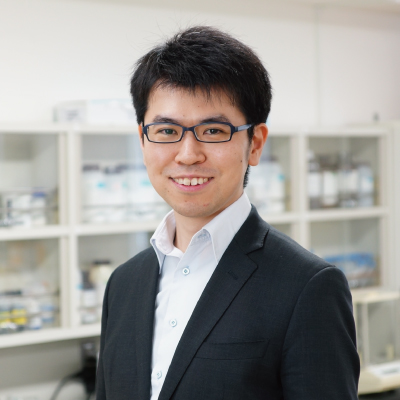 General Manager, Research and Development Division, Liverness Inc.
General Manager, Research and Development Division, Liverness Inc. 